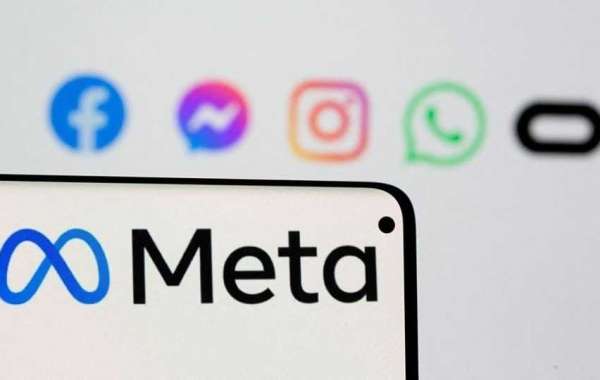Is the era of free social media coming to an end? As Meta, the parent company of Facebook, Instagram, and WhatsApp, faces a series of regulatory challenges in Europe, the possibility of introducing paid, ad-free versions of its platforms is on the horizon. How does this all connect to the complex web of EU regulations? Let's dive in.
Discover the clearest and most detailed profile photo using the Instazoom tool right here.
Background
Before diving into the present situation, let's take a step back. Meta has always relied on collecting user data across its platforms to generate personalized ads. This business model has not only been extremely lucrative but has also allowed the company to offer its services for free. However, as we'll see, the tides are turning.
The Regulatory Challenges
Enter GDPR—the General Data Protection Regulation, a European framework designed to protect online data and personal privacy. In July, the EU banned Meta from merging user data collected from Facebook, Instagram, WhatsApp, and other external websites without explicit user consent. As if that weren't enough, Irish regulators slapped Meta with a hefty EUR 390 million fine in January 2023.
The Potential Launch of Paid Versions
So what's Meta's game plan now? Enter paid versions of Facebook and Instagram. By offering ad-free, paid versions of its platforms, Meta aims to comply with EU regulations while offering users a more privacy-centric experience. Would you pay a few euros a month for an ad-free social media experience?
Legal Considerations
Meta's move to introduce paid, ad-free versions of its platforms isn't just a savvy business decision. It's also an alignment with the increasing privacy standards and regulatory requirements. This is akin to a pilot changing course mid-flight to avoid turbulence—sometimes it's necessary for a smoother ride.
Public Reception
How will European users react to this shift? Will they embrace the paid versions, or will they deem it unnecessary? These questions loom large as Meta prepares for this unprecedented move.
Market Impact
This could be a game-changer not only for Meta but also for the competitive landscape of social media platforms. If the paid, ad-free model gains traction, competitors might follow suit. Would that spell the end of free social media as we know it?
Conclusion
The road ahead for Meta, particularly in the European market, is fraught with challenges and uncertainties. However, the company's strategic move to introduce paid, ad-free versions of its platforms could well be the silver lining that helps it navigate through regulatory storms. Whether or not this shift will be a hit or a miss remains to be seen, but it definitely marks a new chapter in the story of social media.







